Horizontal Injectors - let the magic begin
Are they better than verticals?
 Horizontal wells have become very popular for production. How well do they stand up as injectors?
Horizontal wells have become very popular for production. How well do they stand up as injectors?
Without AppIntel, how do you keep abreast of advances in flood technology in challenging economic times? In AppIntel, you can find all the horizontal injector application documents within moments by typing horizontal injector into the KiP search box. Just try finding them any other way.
One operator proposed horizontal injectors to follow the directional permeability trend. His horizontal injectors sweep to vertical producers.
Help yourself to the pertinent application pages through our self-serve application documents library.
Get details of this cool tech Subscribers get them for freeHorizontal injectors popular
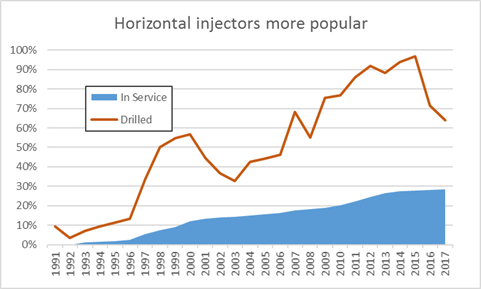 The attraction of horizontal injectors is obvious -- they get more injectant into a reservoir.
The attraction of horizontal injectors is obvious -- they get more injectant into a reservoir.
One horizontal injector might inject more than 4 times the amount of fluid.
Despite their popularity, horizontal wells account for less than 30% of the injectors currently in use.
Horizontal injection practical
And it is also practical to inject into horizontal wells. Most injectors aren't drilled as single purpose injectors.
Often an existing producer is converted to injection. Since most wells drilled these days are horizontal an operator has little else to convert.
Everyone is drilling horizontal injectors -- until now
Most recent injector conversions have been horizontal as you can see from the included chart. That is until 2016 and 2017 when the trend has reversed.
Horizontal conversions peaked in 2016 -- almost all conversions were horizontal.
But by 2017, horizontal conversions were down to only 65% -- the rest were vertical injectors.
Why the trend reversal? Have operators decided that horizontal injectors aren't performing well?
Which is better? Horizontal or vertical injectors?
If all reservoirs were homogeneous and secondary porosity was never a concern, horizontal injectors would be a perfect solution. Water would evenly flow from injector horizontal producer.
However in real, non-perfect reservoirs water might short circuit from injector to producer causing conformance and sweep problems.
Ink blot or linear flow?
Some think of a reservoir as a blotter. Drop ink onto a blotter and watch it spread. But real reservoirs don't act that way.
Pressure potentials play a big part in water flood patterns. Flow from injector to producer doesn't go through high pressure stagnant areas.
Capillary pressure also plays a big role in waterflood sweep.
Real reservoir are non-ideal
Variations in reservoir quality influence flood patterns. Water tends to follow high permeability streaks.
And secondary porosity like vugs, fractures, and faults channels water and limits sweep.
The real answer
Which is better? The answer is out there. And it's likely that answer is different for every reservoir.
The real way to decide is to look at sweep patterns of your pilot or of existing similar floods.
The best way to look at similar floods is to review their regulatory documents. Those documents include discussion between the operator and regulator about flood progress.
AppIntel allows you to quickly find and access application documents of nearby floods.
Check out the analog floods
Textbooks and classes may help you understand a bit about the general principles of flooding. But if you really want to understand how floods perform in the field, you must read others' flood application documents. They report progress on floods to the regulator.
Each application is ground truthed to actual UWIs. Each application is adjudicated by a picky regulator.
How would you find these applications without AppIntel?
?subject=I want a cheap and cheery one day trial of AppIntel&body=Sign me up fro a one day AppIntel trial so I can check out closure statistics. %0D%0A%0D%0AMy Name:___%0D%0AMy Phone Number:____%0D%0A%0D%0AType of applications:___%0D%0A%0D%0APricing: www.appintel.info/short-term-search/%0D%0A%0D%0A(Or call AppIntel Sales at 403-803-2500.)">Contact us now for a one day trial.
Tags: Fracturing, Tight, Gas Injection, Flood
 Granger Low 7 Jun 2018
Granger Low 7 Jun 2018

Don't blow the lid
Fracking into a neighboring well causes a blowout
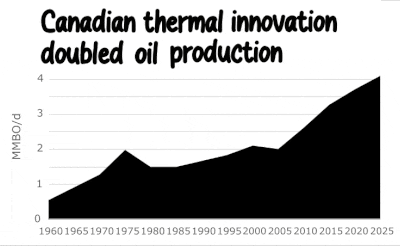
Continuing Canadian thermal innovation doubled oil production
Experimental Propane Solvent co-injection in thermal

Measuring the rate of oil and gas technology growth
Energy transition inside the oil industry
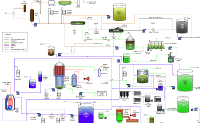
The rise of water recycle
Join or perish

AppIntel AI hit alerts
Ignite your insight

Blowdown and NCG injection
SIRs often reveal more than submissions
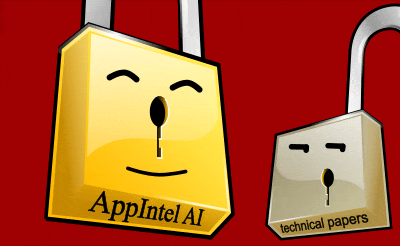
AppIntel AI contains much more than technical papers
More current. More coverage. More detail. More trusted.

New flood to double reserves for heavy oil pool
The age of water floods is not over
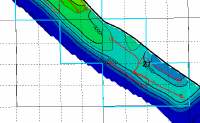
Three corner shots
Can you find them?

Flood repatterning
Extended life support

AI makes opportunity more accessible than conferences
Which sources of technical information do you trust?

Repairing microannulus in thermal wells
Check out the 4D seismic chamber thickness map




 Calgary, Alberta, Canada
Calgary, Alberta, Canada
 Share
Share